- Home
- Health Condition
Medicine For Gastric Ulcer
Medicine For Gastric Ulcer
- Total Items (4437)
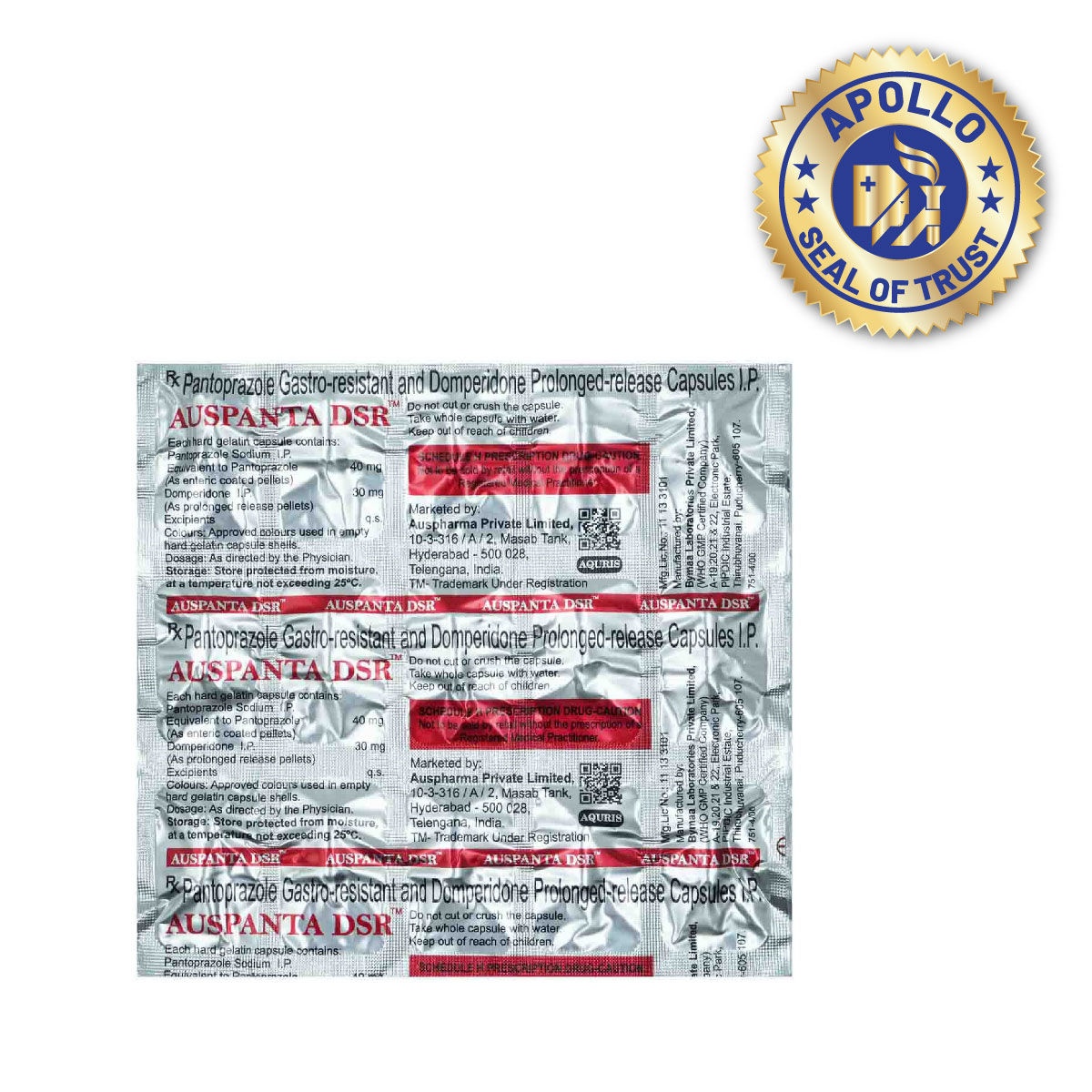 RX
RXAuspanta DSR Capsule 15's
₹187.10
MRP ₹249.50
25% off
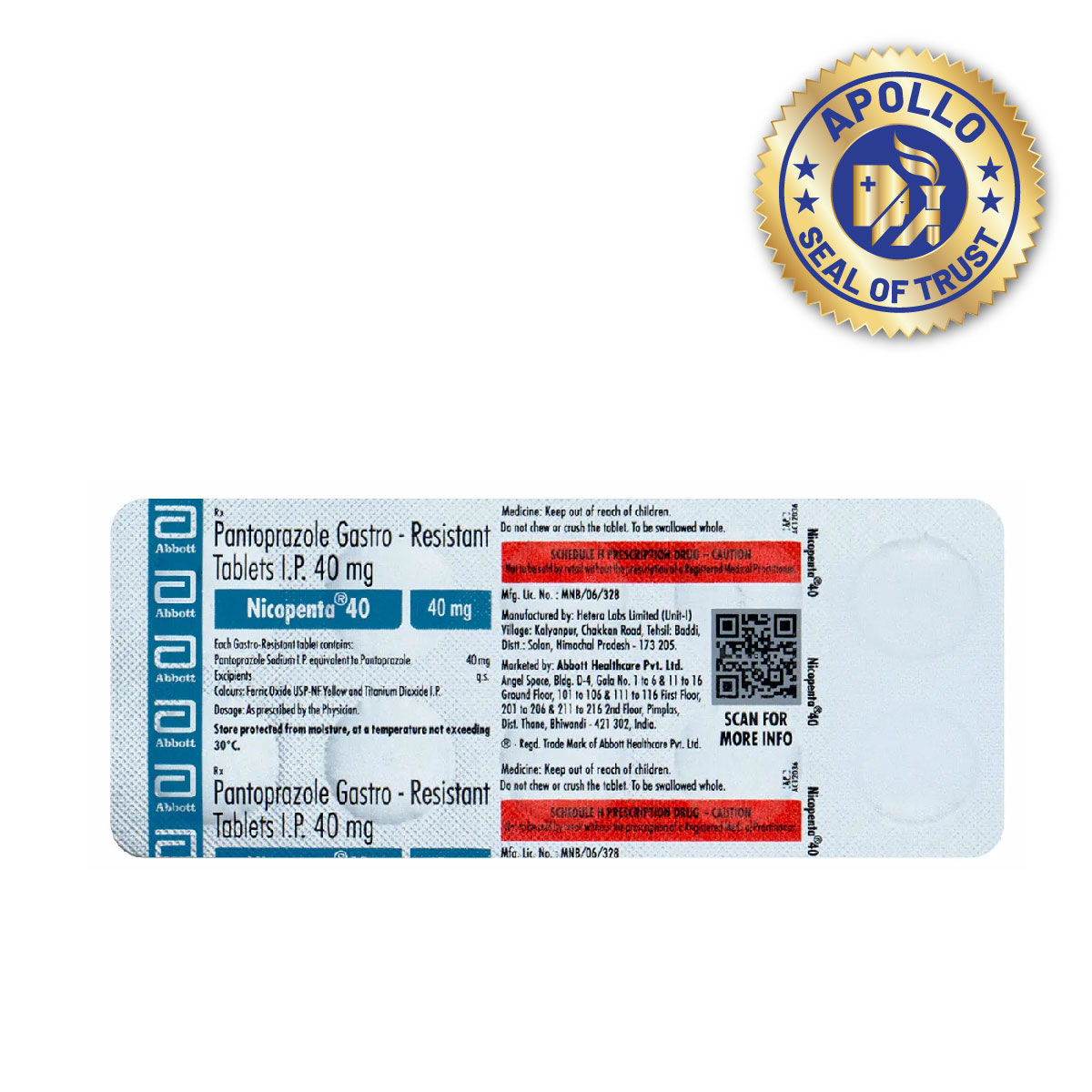 RX
RXNicopenta 40 Tablet 10's
₹113.60
MRP ₹151.50
25% off
 RX
RXRzole DSR Capsule 10's
₹115.90
MRP ₹154.50
25% off
 RX
RXEsomecare 40 Tablet 10's
₹80.30
MRP ₹107
25% off
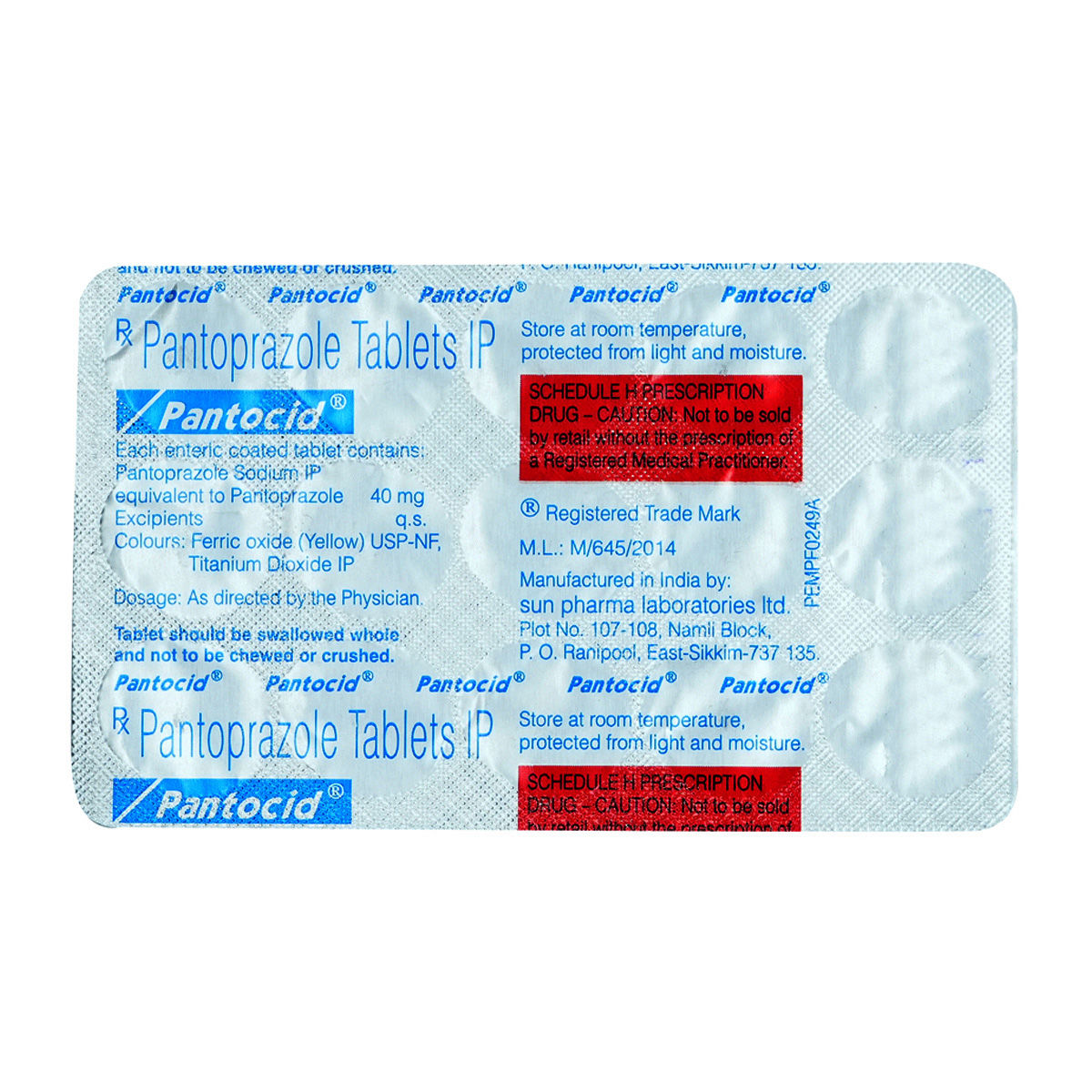 RX
RXPantocid Tablet 15's
₹174.20
MRP ₹193.50
10% off
 RX
RXPantocid DSR Capsule 15's
₹220.10
MRP ₹244.50
10% off
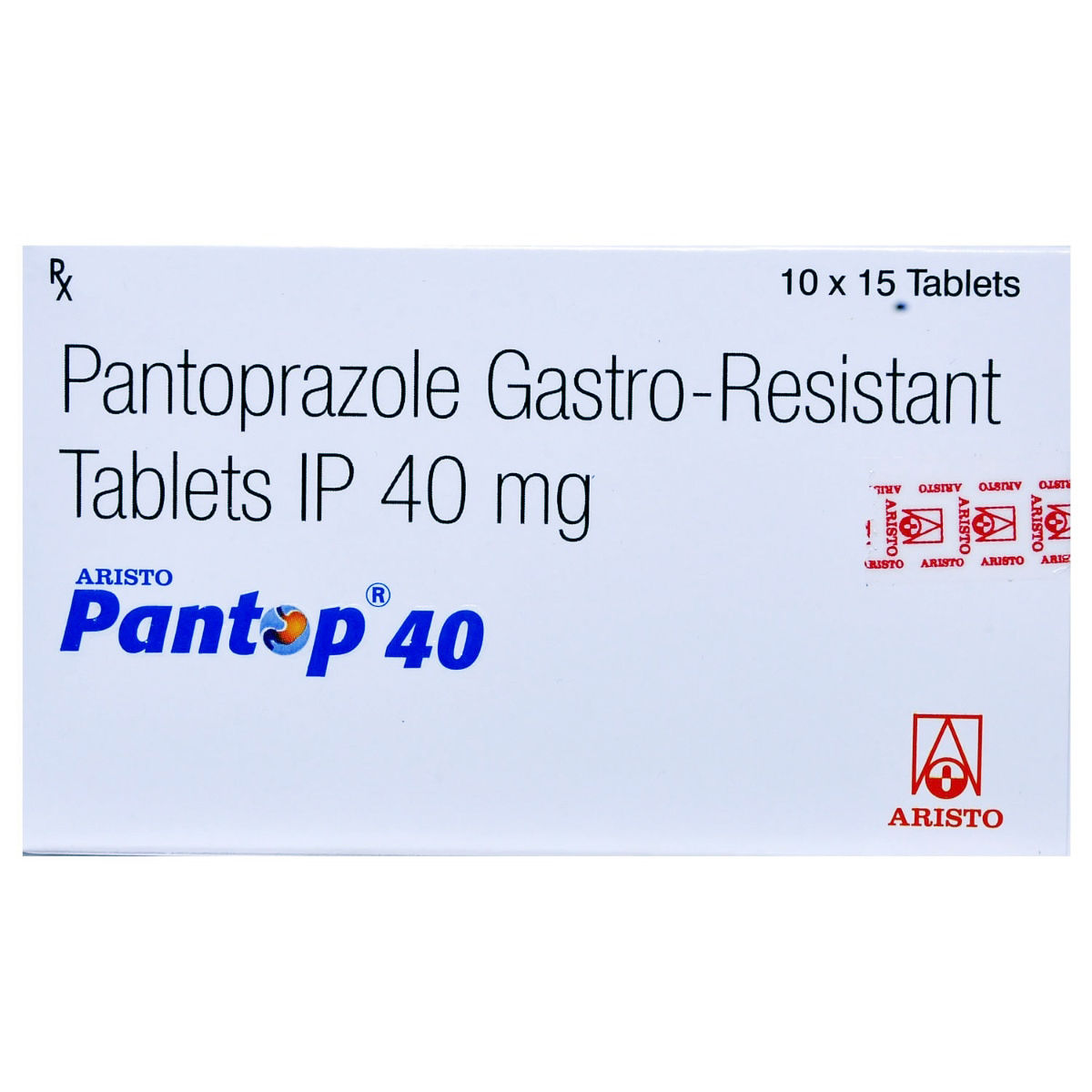 RX
RXPantop 40 Tablet 15's
₹169.50
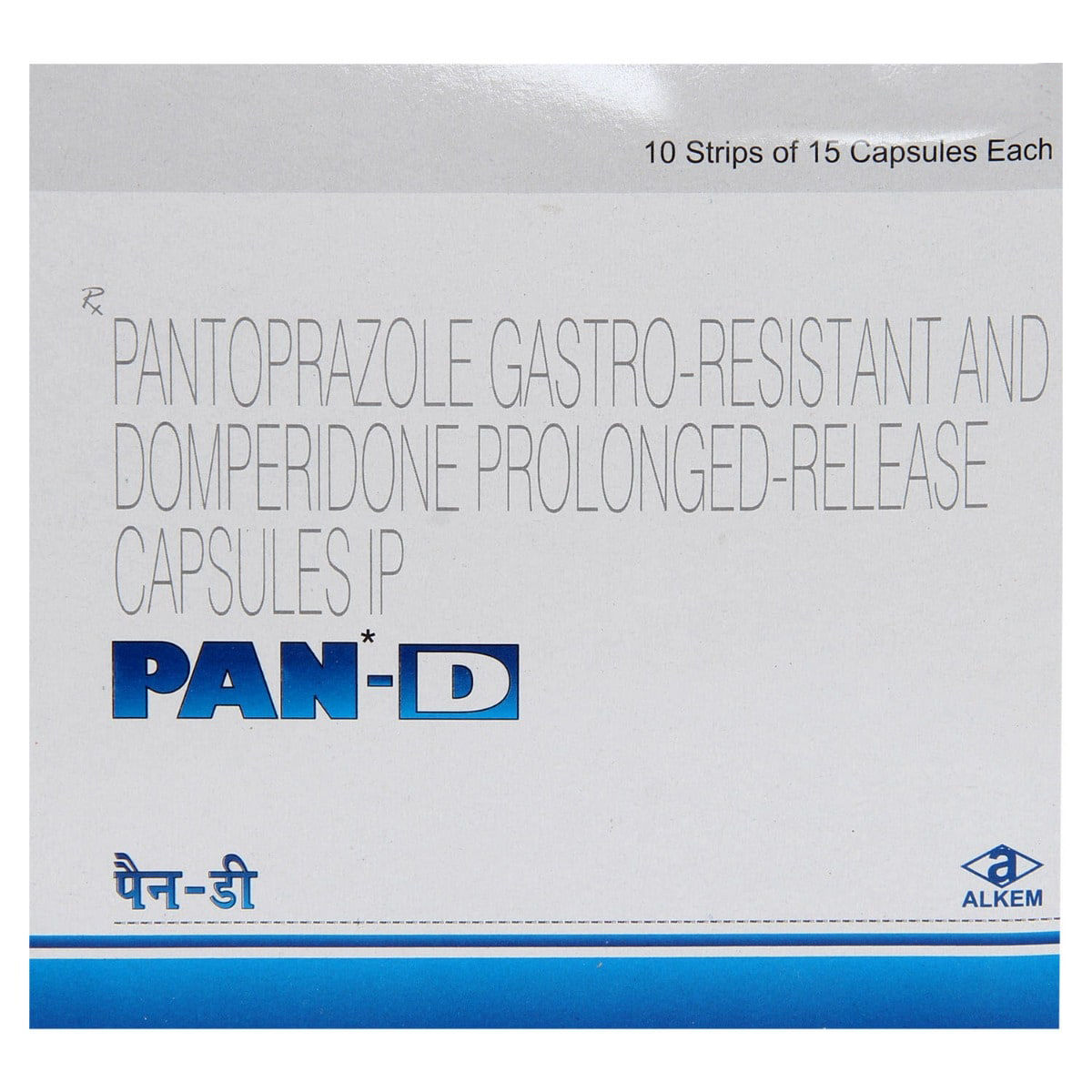 RX
RXPan-D Capsule 15's
₹228.20
MRP ₹253.50
10% off
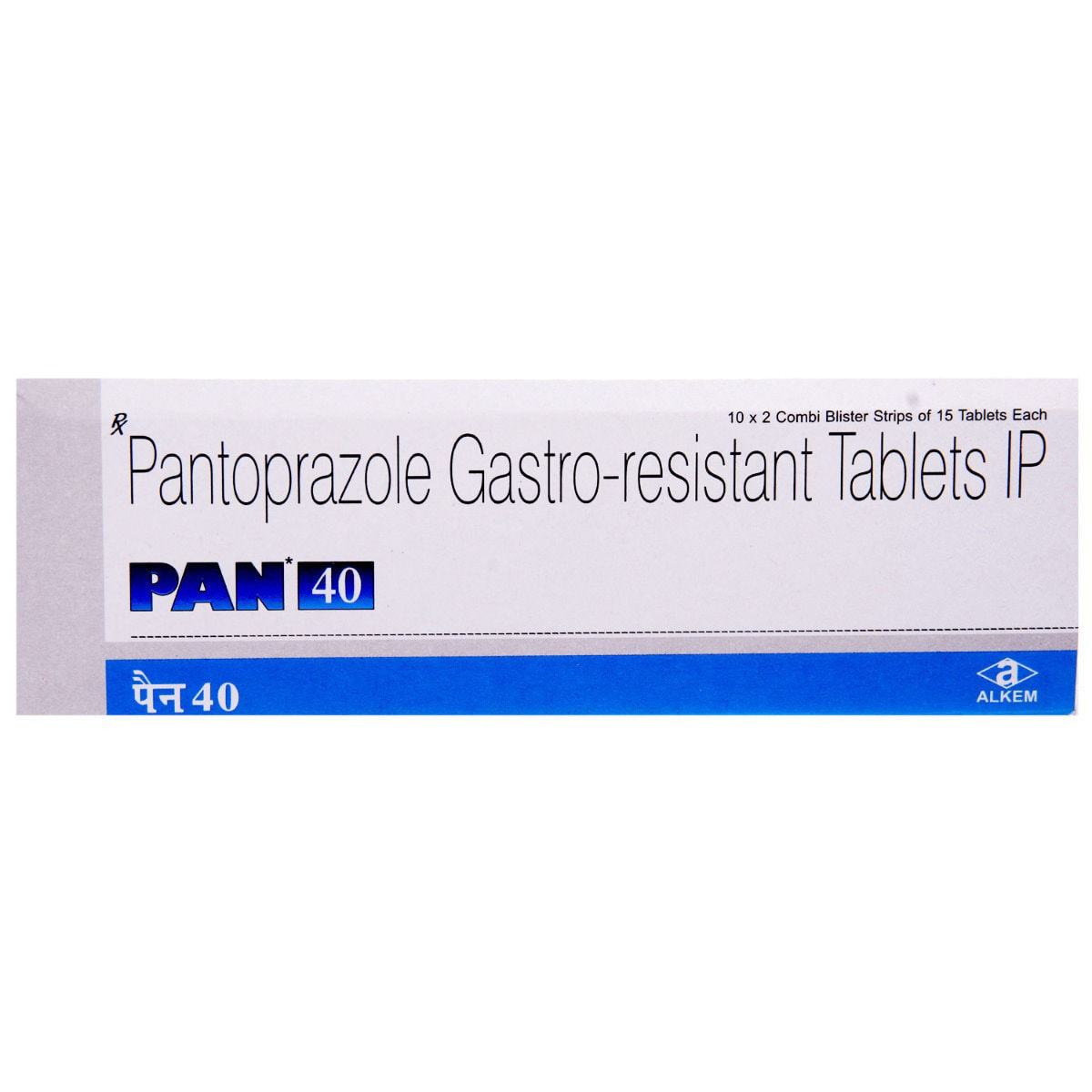 RX
RXPAN 40 Tablet 15's
₹167.90
MRP ₹186.50
10% off
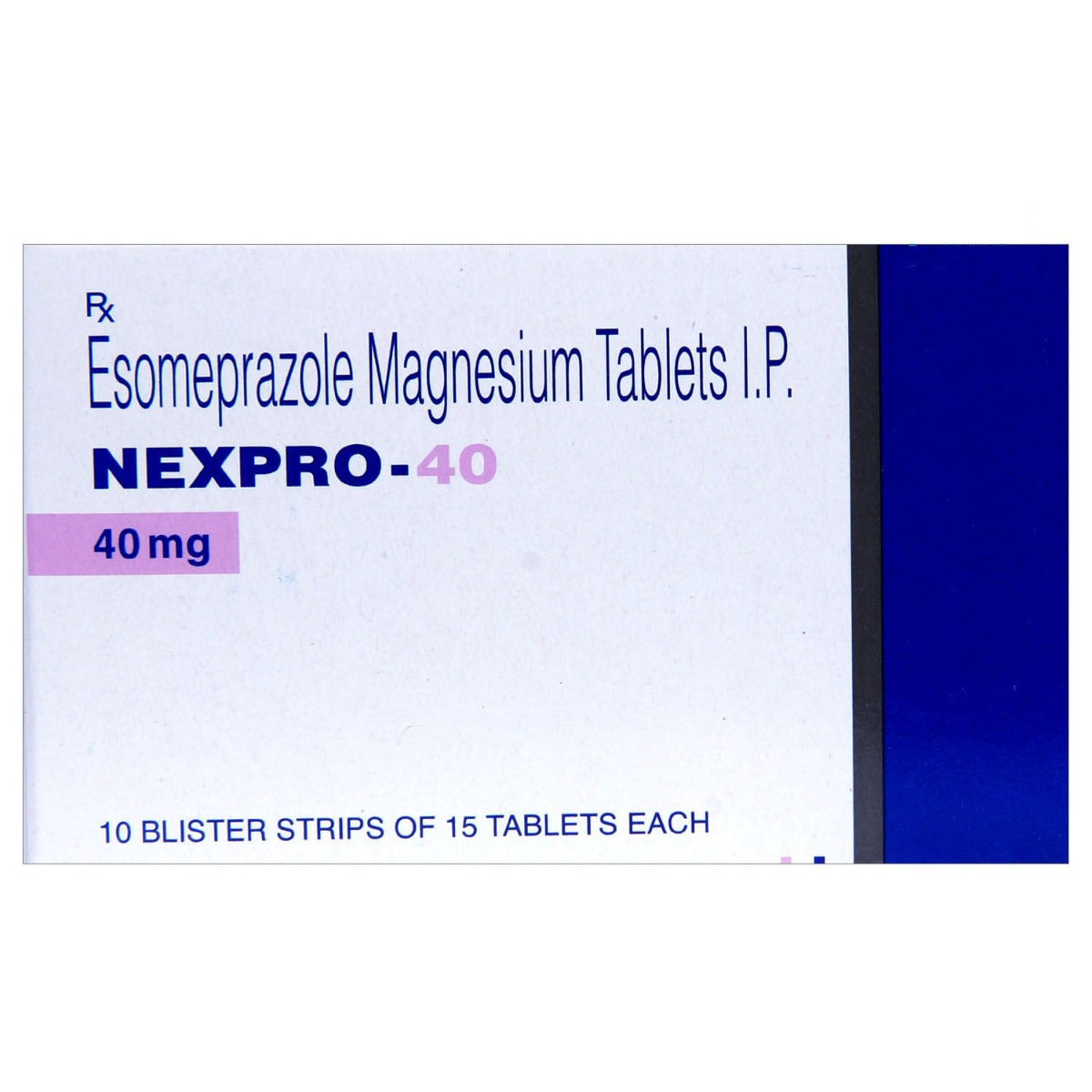 RX
RXNexpro-40 Tablet 15's
₹170.60
MRP ₹189.50
10% off
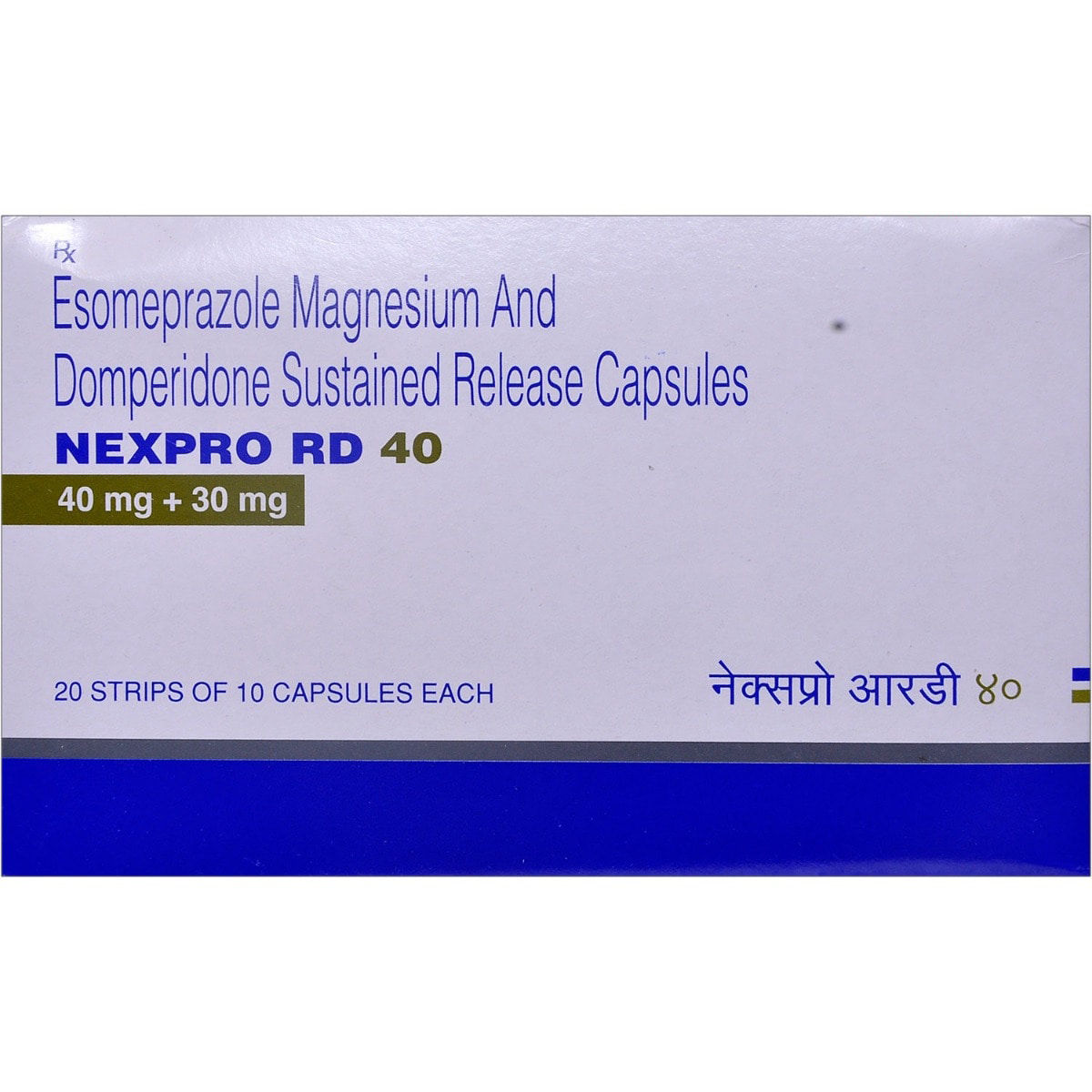 RX
RXNexpro RD 40 Capsule 10's
₹175.50
MRP ₹195
10% off
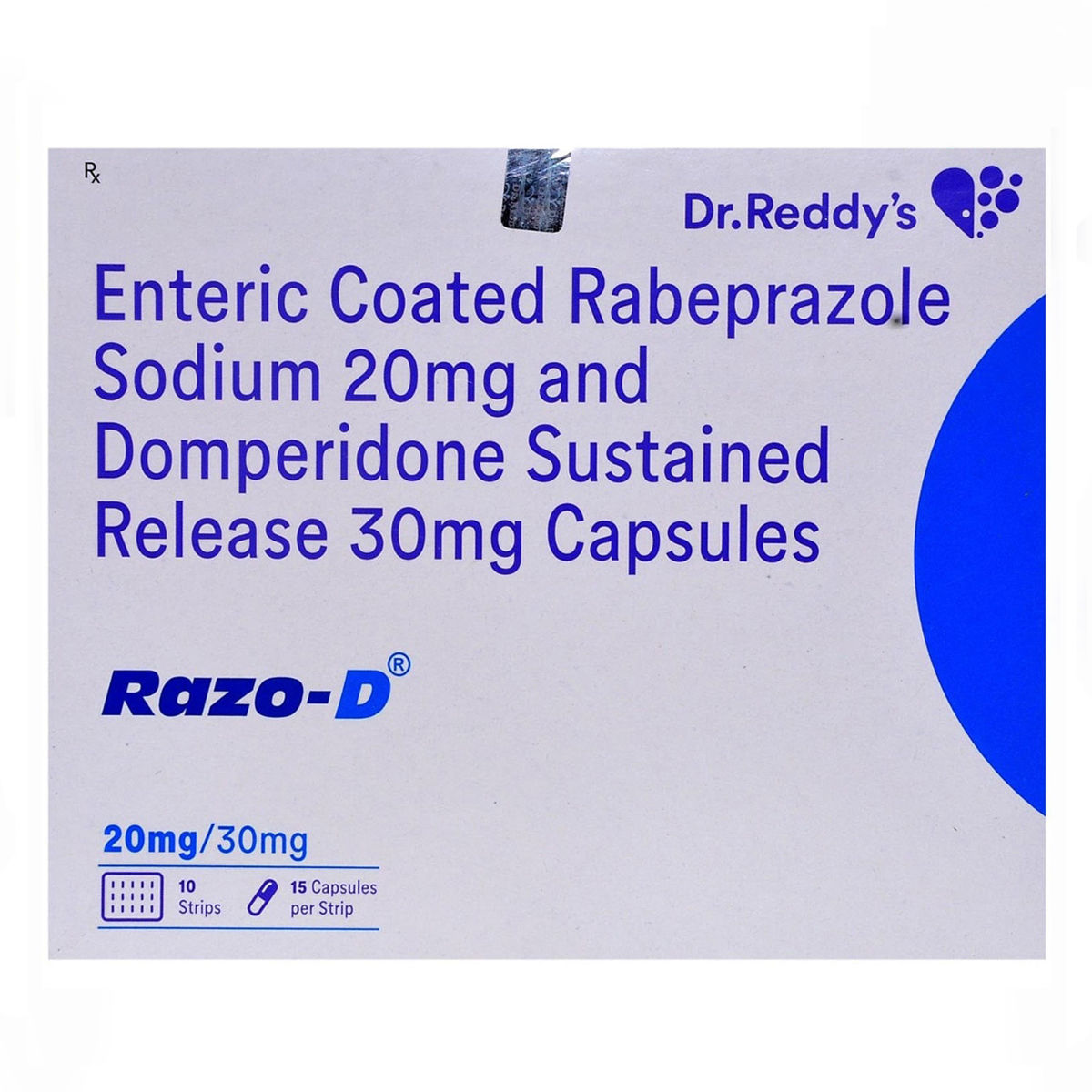 RX
RXRazo-D Capsule 15's
₹324.50
MRP ₹360.50
10% off
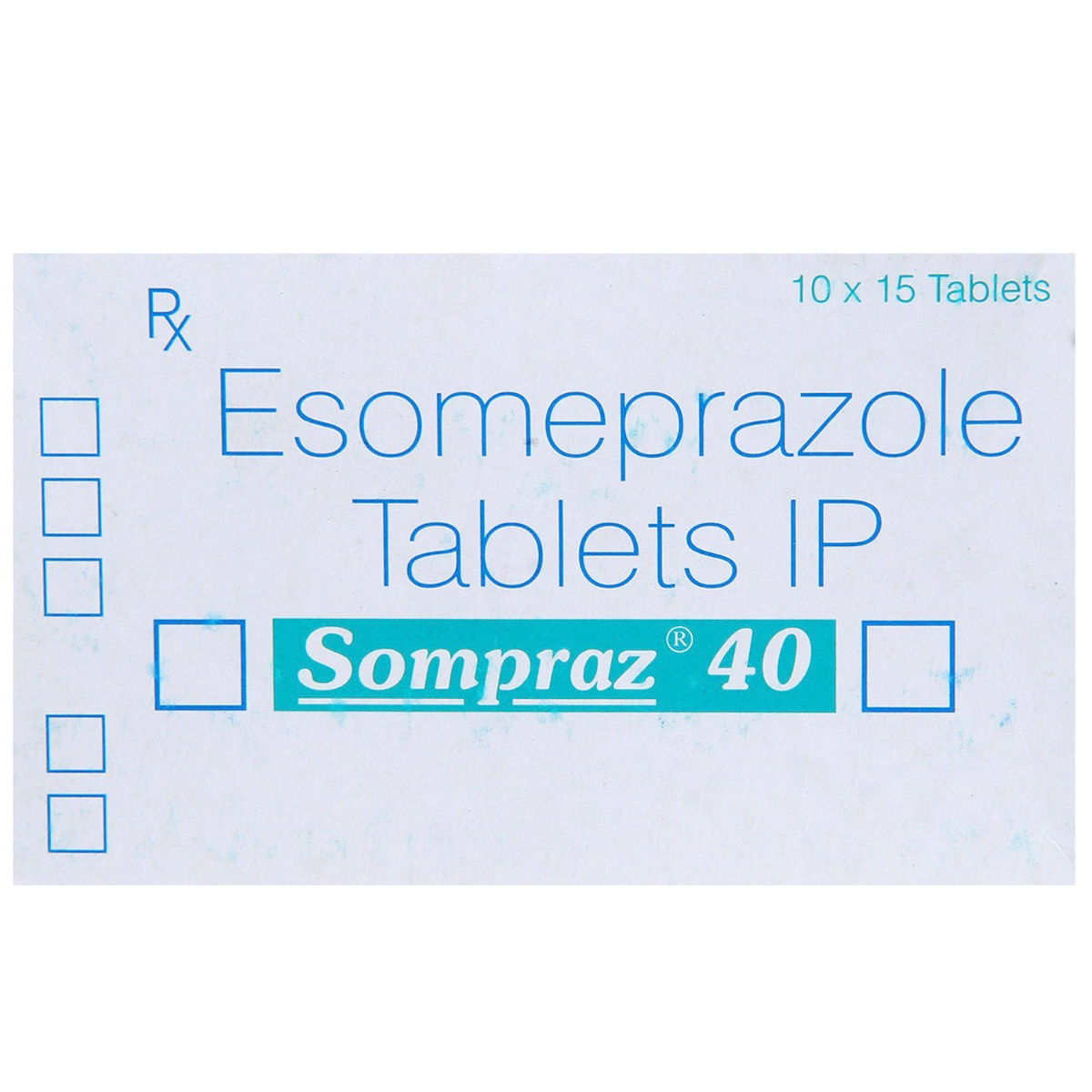 RX
RXSompraz 40 Tablet 15's
₹162
MRP ₹180
10% off
 RX
RXVeloz D Capsule 10's
₹211.10
MRP ₹234.50
10% off
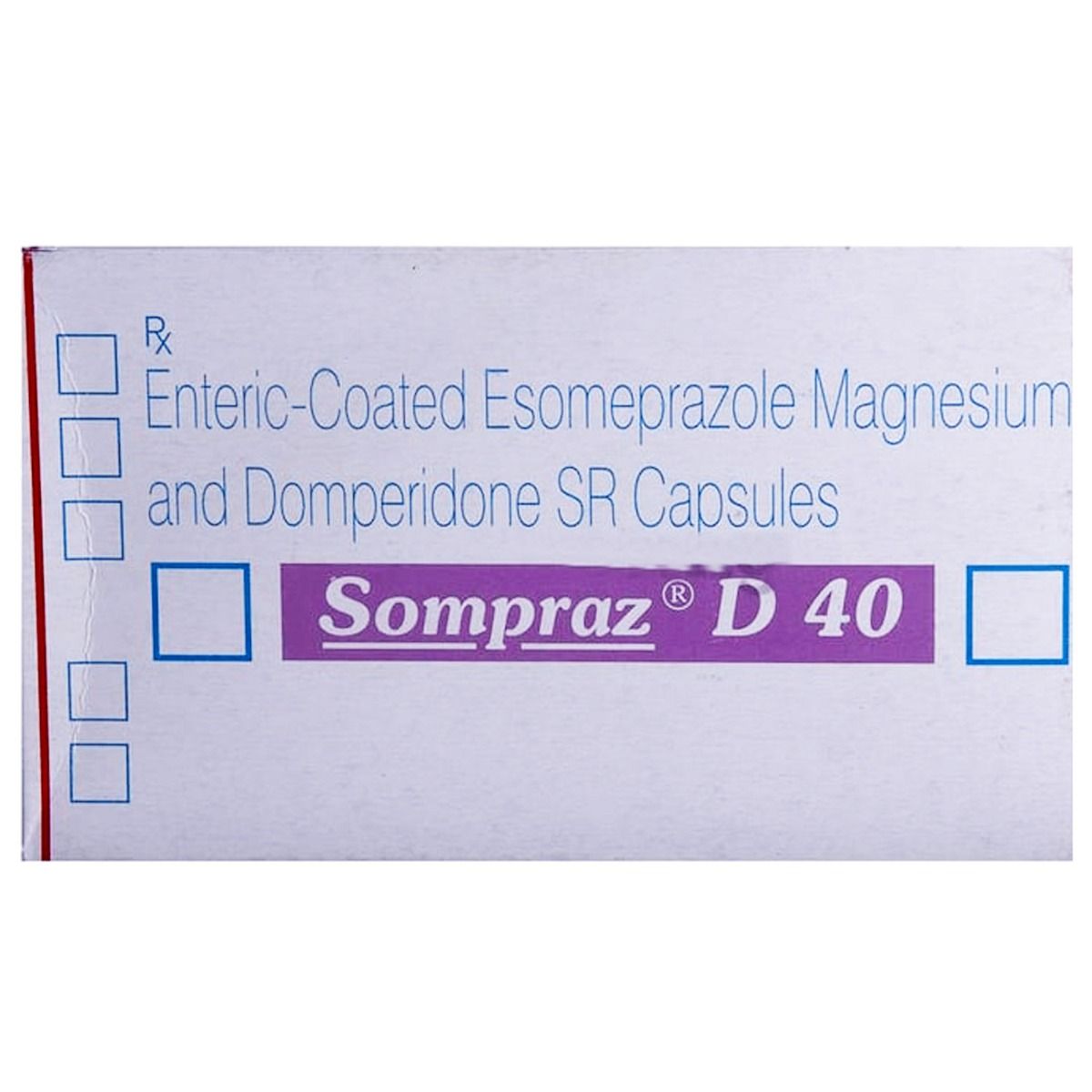 RX
RXSompraz D 40 Capsule 15's
₹238.10
MRP ₹264.50
10% off
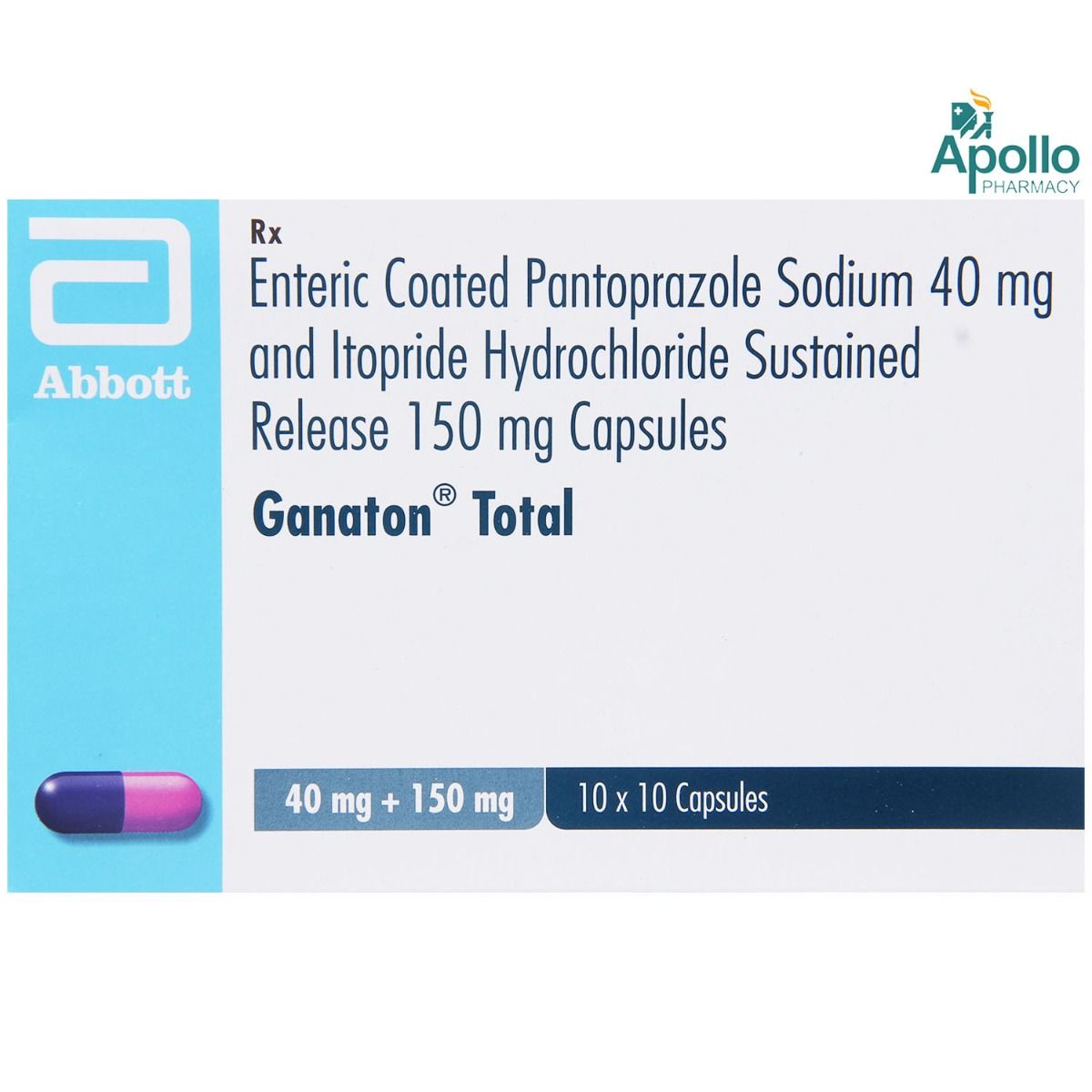 RX
RXGanaton Total Capsule 10's
₹460.40
MRP ₹511.50
10% off
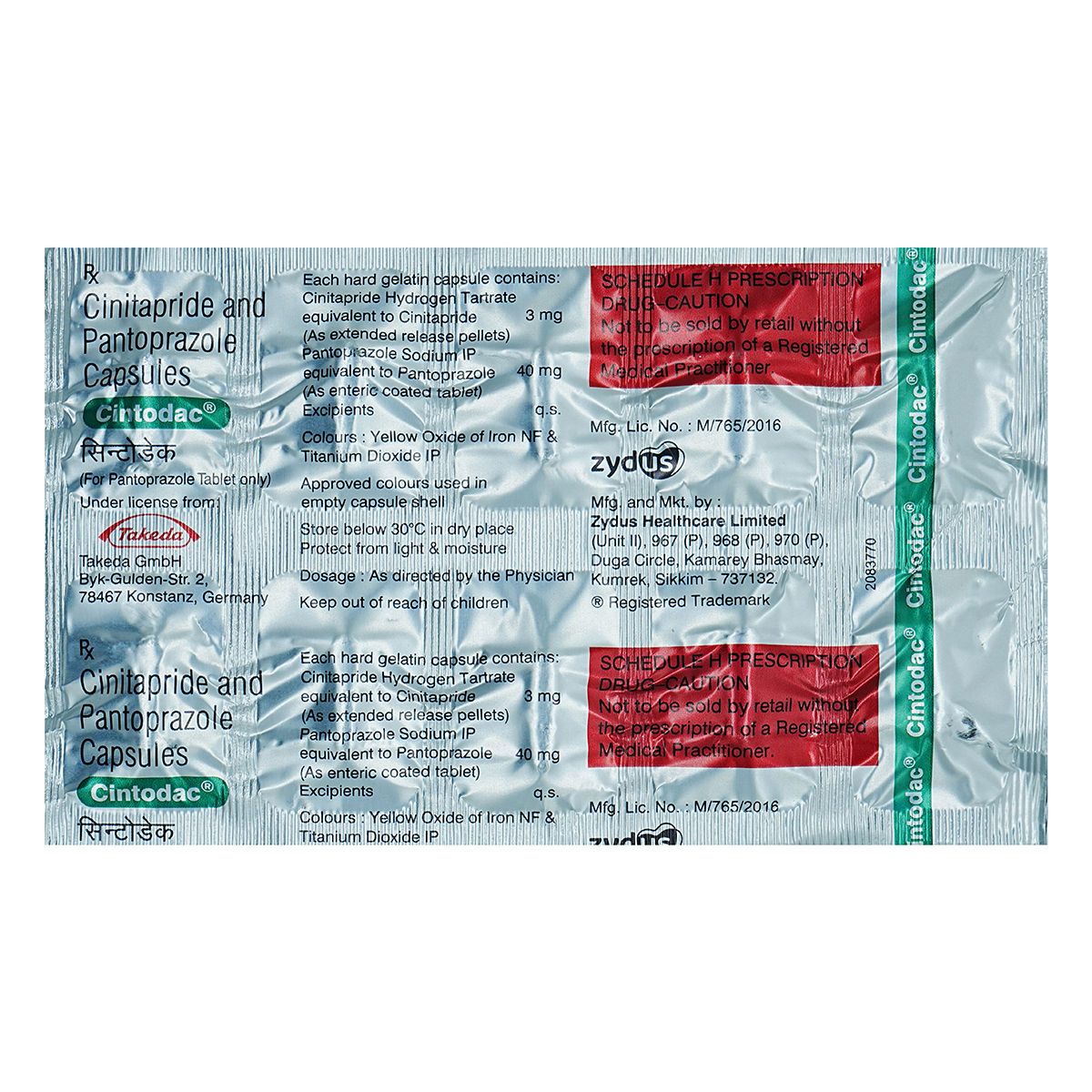 RX
RXCintodac Capsule 10's
₹388.80
MRP ₹432
10% off
 RX
RXPantocid IT Capsule 10's
₹331.20
MRP ₹368
10% off
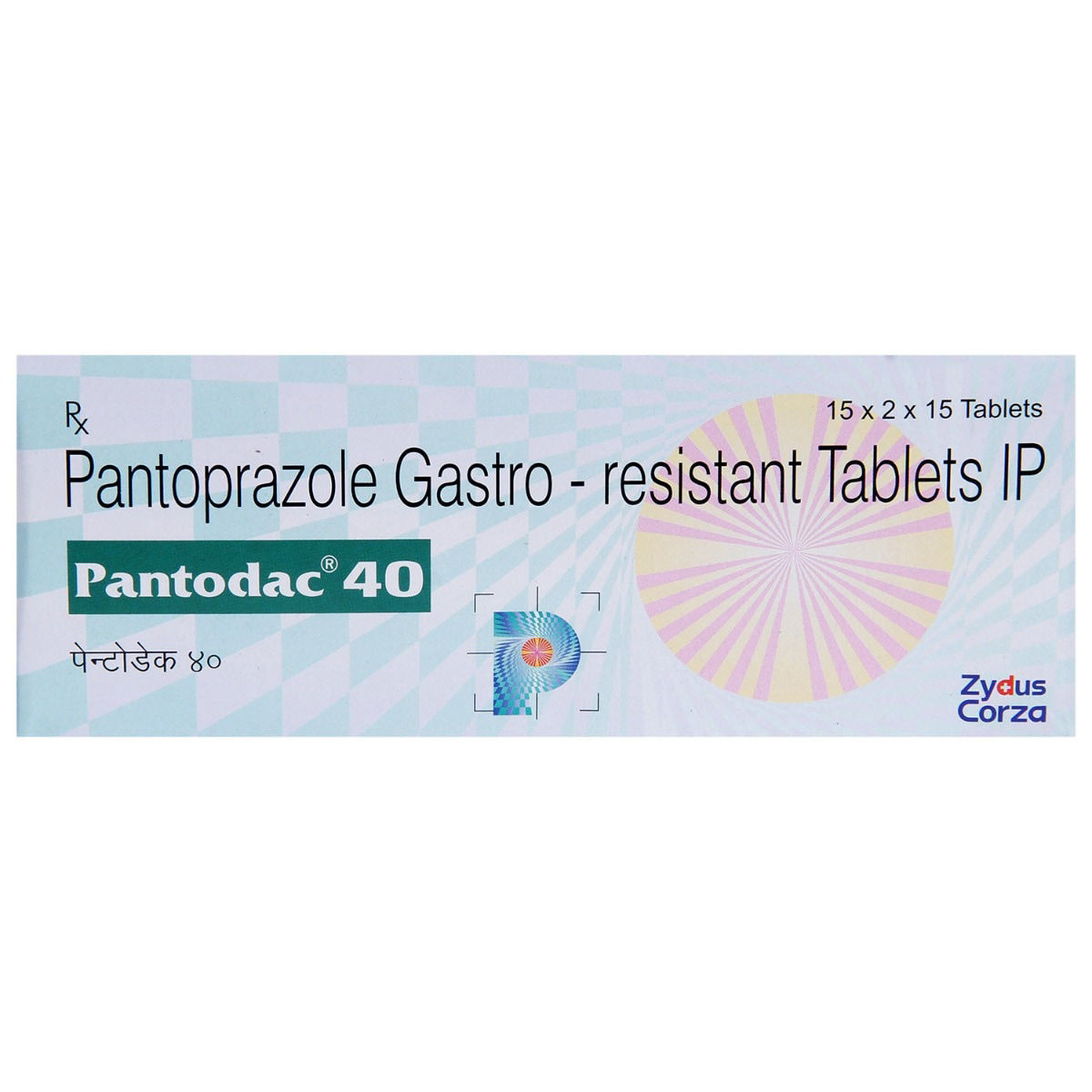 RX
RXPantodac 40 mg Tablet 15's
₹215.60
MRP ₹239.50
10% off
 RX
RXNew Pantosec DSR Capsule 10's
₹113.60
MRP ₹151.50
25% off
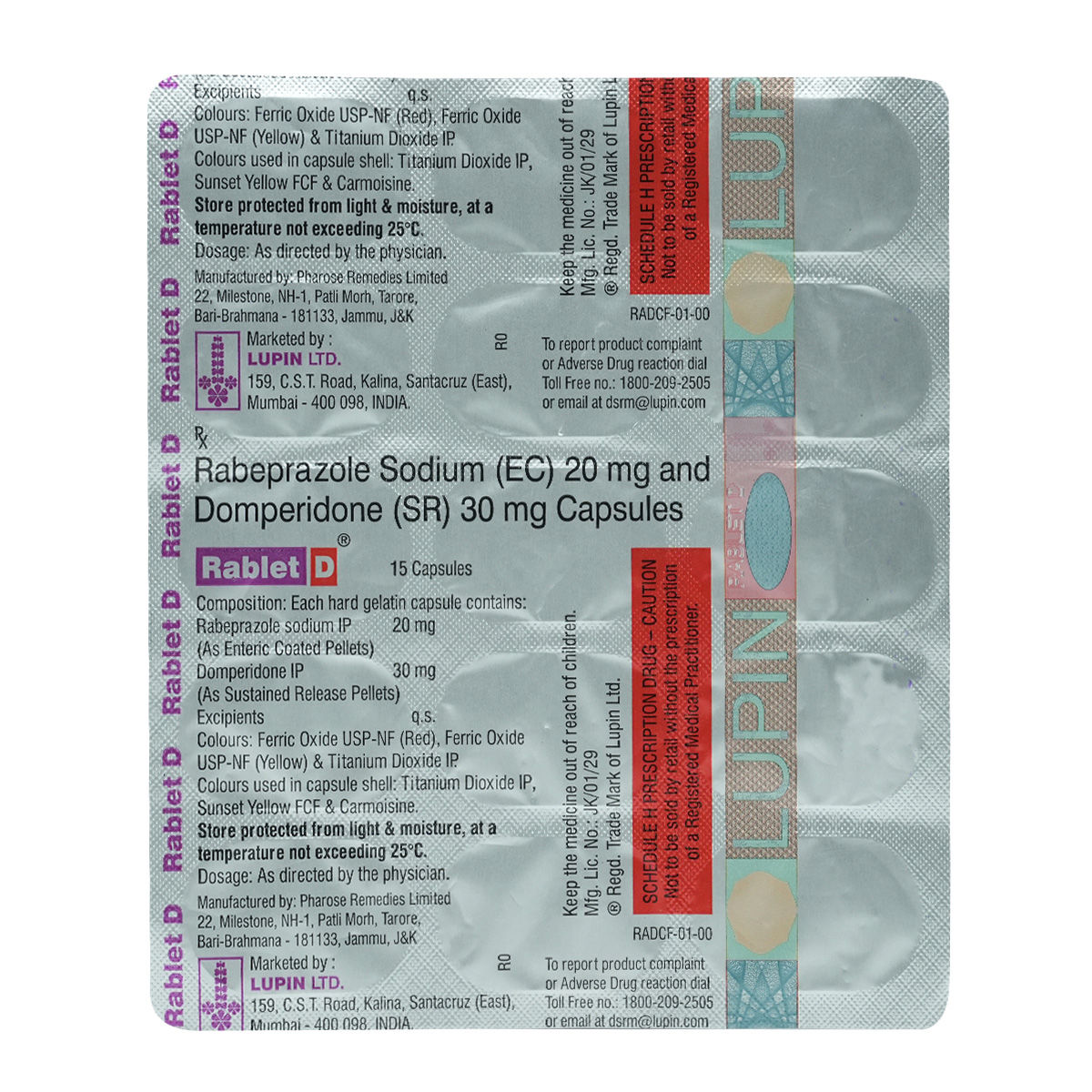 RX
RXRablet D 20 mg/30 mg Capsule 15's
₹284.90
MRP ₹316.50
10% off
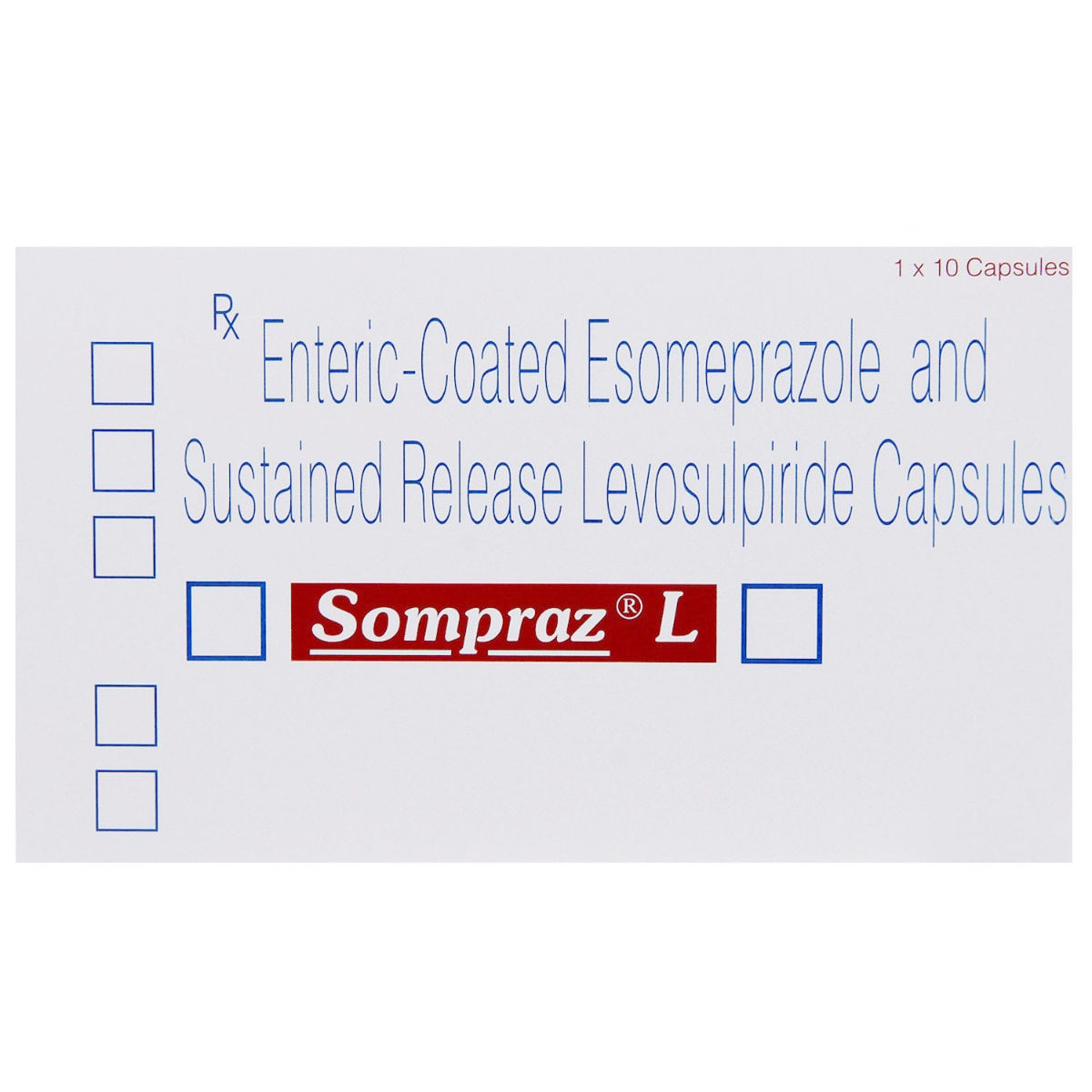 RX
RXSompraz L Capsule 10's
₹288
MRP ₹320
10% off
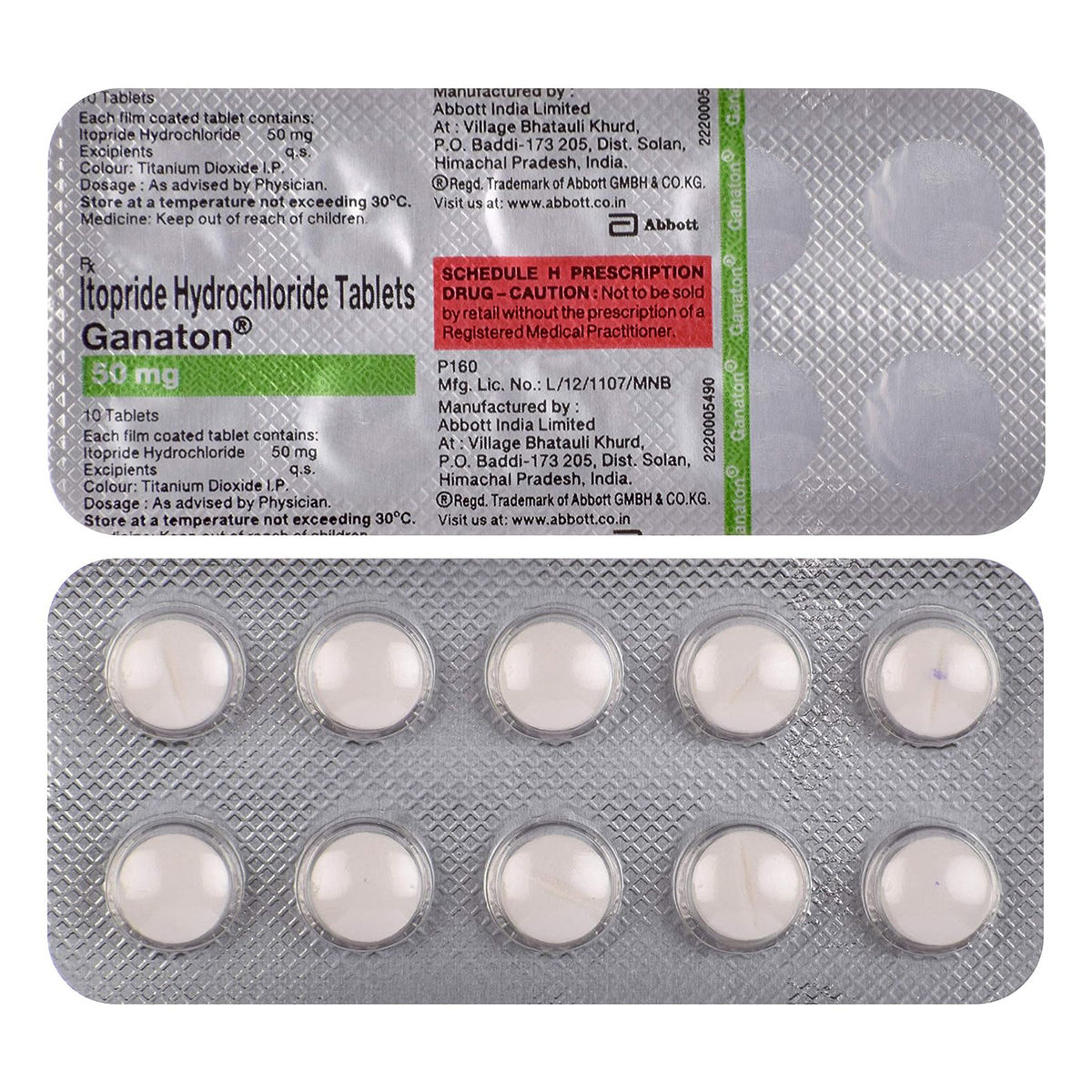 RX
RXGanaton 50 mg Tablet 10's
₹202.50
 RX
RXPantodac DSR Capsule 15's
₹273.60
MRP ₹304
10% off
Medicine for Gastric Ulcer
A gastric ulcer, also known as a stomach ulcer, is an open sore that develops on the inner lining of the stomach due to excessive acid production, bacterial infections, or prolonged use of nonsteroidal anti-inflammatory drugs (NSAIDs). Common symptoms include burning stomach pain, bloating, nausea, heartburn, and, in severe cases, vomiting or bleeding. If left untreated, gastric ulcers can lead to serious complications like internal bleeding or perforation of the stomach lining.
Medications for gastric ulcers aim to reduce acid production, promote healing, and eliminate underlying infections. Treatment depends on the cause of the ulcer and may involve a combination of acid-reducing drugs, antibiotics, and protective agents to safeguard the stomach lining.
Types of Medicines Used for Gastric Ulcer
Several classes of medications are used to treat gastric ulcers, each serving a distinct role in promoting healing and reducing symptoms.
1. Proton Pump Inhibitors (PPIs)
PPIs are the most effective medications for reducing stomach acid production and allowing the ulcer to heal.
- Omeprazole: Commonly used for short-term and long-term ulcer management.
- Pantoprazole: Helps heal ulcers and prevent recurrence.
- Esomeprazole: Provides longer-lasting acid suppression compared to some other PPIs.
- Lansoprazole: Often used in combination therapy for Helicobacter pylori infections.
- Rabeprazole: A well-tolerated option for gastric ulcer treatment.
2. H2-Receptor Antagonists (H2 Blockers)
These medications help reduce acid production and are used as an alternative to PPIs in some cases.
- Ranitidine (withdrawn in some regions due to safety concerns).
- Famotidine: A safer and effective alternative to ranitidine.
- Cimetidine: Helps reduce stomach acid and relieve ulcer symptoms.
3. Antibiotics (For H. pylori Eradication)
Helicobacter pylori (H. pylori) infection is a leading cause of gastric ulcers. Antibiotics are used to eliminate this bacterial infection.
- Amoxicillin: A widely used antibiotic for H. pylori eradication.
- Clarithromycin: Often combined with other antibiotics in triple therapy.
- Metronidazole: Used when patients are allergic to penicillin.
- Tetracycline: An alternative for H. pylori treatment.
4. Antacids
Antacids provide quick relief from ulcer pain by neutralizing stomach acid.
- Magnesium Hydroxide & Aluminium Hydroxide: Commonly used antacid combination.
- Calcium Carbonate: Provides fast-acting acid neutralization.
- Sodium Bicarbonate: Offers immediate but temporary relief from acidity.
5. Mucosal Protectants
These medications help shield the stomach lining from acid and promote ulcer healing.
- Sucralfate: Forms a protective coating over ulcers, aiding in faster recovery.
- Bismuth Subsalicylate: Used in combination therapy for H. pylori-related ulcers.
- Misoprostol: Prevents NSAID-induced ulcers by increasing mucus production in the stomach.
6. Prokinetics
Prokinetic agents help improve digestion and reduce acid reflux, which can worsen ulcer symptoms.
- Domperidone: Enhances stomach emptying and reduces nausea.
- Metoclopramide: Prevents acid reflux and promotes gastric motility.
7. Pain Relievers (For Ulcer Patients)
NSAIDs like ibuprofen can worsen ulcers. Instead, safer alternatives are recommended for pain relief.
- Acetaminophen (Paracetamol): A safer option for pain relief in ulcer patients.
- Tramadol: A prescription pain reliever that does not cause stomach irritation.
Benefits of Using Medicine for Gastric Ulcer
Medications for gastric ulcers offer multiple benefits by targeting the root causes and improving overall digestive health.
- Promotes Ulcer Healing: PPIs and H2 blockers reduce stomach acid, allowing ulcers to heal faster. Lowering acid levels prevents further damage to the stomach lining, reducing irritation and inflammation.
- Eliminates H. pylori Infection: Antibiotics help eradicate the bacteria responsible for many gastric ulcers, preventing recurrence. This treatment significantly lowers the risk of developing chronic ulcers and related complications.
- Reduces Acid-Related Pain and Discomfort: Antacids and mucosal protectants help neutralise acid and protect the stomach lining. Immediate relief from burning sensations and bloating improves daily comfort and digestion.
- Prevents Ulcer Complications: Early treatment reduces the risk of internal bleeding, perforation, and gastric obstruction. Long-term medication adherence helps prevent serious emergencies requiring surgical intervention.
- Supports Long-Term Stomach Health: Proper medication use prevents the recurrence of ulcers and maintains digestive balance. Patients who complete their prescribed treatments are less likely to experience a relapse or chronic gastric issues.
- Safe for Long-Term Use: Many gastric ulcer medications, particularly PPIs and H2 blockers, can be used safely under medical supervision. Regular monitoring ensures that side effects like nutrient deficiencies or acid rebound are managed appropriately.
- Enhances Nutrient Absorption: By managing stomach acid levels, medications improve the absorption of essential nutrients like iron and vitamin B12. This prevents long-term deficiencies that can impact overall health.
- Minimises the Need for Surgery: Effective medication therapy reduces the likelihood of requiring surgical intervention for severe ulcers. This makes non-invasive treatment a practical option for most patients.
- Improves Quality of Life: Relief from pain and discomfort allows individuals to maintain a normal diet and lifestyle. Consistent symptom management enables patients to eat comfortably, sleep better, and perform daily activities without discomfort.
- Reduces Risks Associated with NSAID Use: For individuals who require NSAIDs for chronic pain conditions, medications like PPIs and misoprostol help prevent ulcers caused by long-term NSAID use.
Dosage & Usage Instructions of Medicine for Gastric Ulcer
The dosage and usage of gastric ulcer medications usually depend on the severity of the ulcer and the underlying cause. Also, one should strictly follow the dosage recommendations shared by their physician. However, some of the general dosage guidelines are mentioned below:
- Proton Pump Inhibitors (PPIs): Typically taken once daily, 30-60 minutes before a meal. Long-term use requires periodic monitoring to assess effectiveness and potential side effects such as calcium absorption issues.
- H2 Blockers: Can be taken before bedtime to reduce nighttime acid production. For patients with recurring ulcers, these medications may be prescribed for extended periods under medical supervision.
- Antibiotics for H. pylori: Taken in combination (triple or quadruple therapy) for 7-14 days to ensure complete bacterial eradication. It is crucial to complete the full course of antibiotics to prevent antibiotic resistance and recurrence.
- Antacids: Used as needed for immediate relief but should not be taken too frequently to avoid side effects like kidney problems or altered electrolyte levels. These should be spaced out from other medications to prevent absorption issues.
- Mucosal Protectants: Sucralfate should be taken on an empty stomach to maximise its protective effect. Bismuth-based medications may cause dark stools, a harmless but noticeable side effect.
- Prokinetics: Best taken before meals to improve digestion and prevent acid reflux. These medications help regulate stomach emptying, reducing bloating and discomfort after eating.
- Pain Relievers: Only use acetaminophen-based medications for pain management to avoid worsening ulcers. Patients should consult their doctor before using any pain medication to ensure safety.
- Avoid Alcohol and Smoking: These substances can interfere with medication effectiveness and delay healing. Limiting caffeine intake can also support ulcer recovery.
- Follow Dietary Recommendations: Avoid spicy, acidic, and highly processed foods to support ulcer healing. Consuming a balanced diet with fiber-rich foods and lean proteins aids in digestion and promotes gut health.
- Regular Follow-Ups: Patients should consult their doctor regularly to monitor ulcer progression and adjust treatment if necessary. Routine endoscopic evaluations may be recommended for individuals with chronic or recurrent ulcers.
- Hydration and Meal Timing: Drinking adequate water and eating smaller, frequent meals can prevent excess stomach acid production, further supporting medication effectiveness.
Buy Medicine for Gastric Ulcer Online at Apollo 24|7
Apollo 24|7 offers a wide range of medications for gastric ulcers, including PPIs, H2 blockers, antibiotics, and mucosal protectants. With easy online ordering and doorstep delivery, you can access trusted gastric ulcer medications conveniently.
Frequently asked questions
Mild gastric ulcers may heal on their own, but medications significantly speed up the healing process and prevent complications. Lifestyle modifications also play an essential role in promoting recovery.
Proton pump inhibitors (PPIs) like omeprazole or pantoprazole are considered the most effective treatment for gastric ulcers. In cases of H. pylori infection, antibiotics are necessary for complete treatment.
With proper treatment, most ulcers heal within 4 to 8 weeks, but H. pylori eradication therapy may take longer. Follow-up evaluations ensure complete healing and prevent recurrence.
NSAIDs should be avoided, but acetaminophen (paracetamol) is a safer option for pain relief. Patients should consult their doctor before taking any pain medication to ensure safety.
Stress alone does not cause ulcers, but it can exacerbate symptoms and slow healing. High-stress levels may lead to increased acid production, worsening ulcer-related discomfort.
